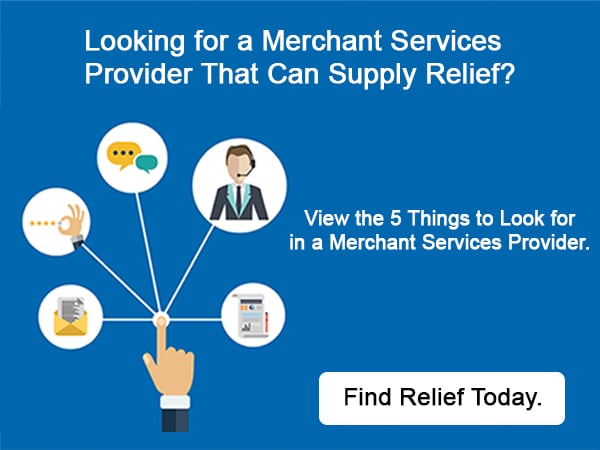
Earlier this year, the city of Atlanta suffered a massive cyberattack that paralyzed many of its key operations for nearly a week. Among other things, it also interfered with payments, preventing city dwellers from completing routine tasks like paying their bills online. But this was not your average data breach — it was a ransomware attack. And trends show that this kind of cyber threat is expected to grow even more.
How Does Ransomware Work?
Ransomware is a type of malware that infects your system and blocks you from accessing your data. Typically, cybercriminals will encrypt valuable information, promising to decrypt it once you send them the ransom. The problem is that this promise is rarely fulfilled, as only 26% of U.S. companies actually had their files unlocked after making the payment.
Are Businesses Owners Affected?
Anyone can become a victim of a ransomware attack. While cybercriminals do often target those who can’t afford to lose data access for long, like police stations or hospitals, any business owner knows that inability to process payments even for a day can be disastrous. Small businesses are at an even greater risk of fraud, since they often use outdated equipment that doesn’t meet the latest security standards.
What Can I Do to Combat Ransomware?
TransNational Payments has numerous features in place designed to prevent different types of payment fraud. To prevent your data from being taken hostage, you need to first and foremost ensure that it’s stored in ways that meet Payment Card Industry Data Security Standard (PCI DSS).
The best way to achieve this is to keep your data in a secure customer vault not accessible to the outside world. While it’s there, you’re still free to use it as you please, thanks to a process called tokenization. Combine it with encryption, and you get to protect both your hard-earned money and your peace of mind.
Finally, remember that cybercriminals often gain control of systems because their users unintentionally let them to do so. One of the most common ways to deliver ransomware to a victim is through a phishing scam — one that asks you to click a link or download an attachment. These situations call for extreme caution, especially when working on devices containing sensitive data.
Looking for more insights into secure payment processing and fraud prevention? Check out our helpful resource page below!









 Facebook
Facebook Twitter
Twitter LinkedIn
LinkedIn Youtube
Youtube Glassdoor
Glassdoor